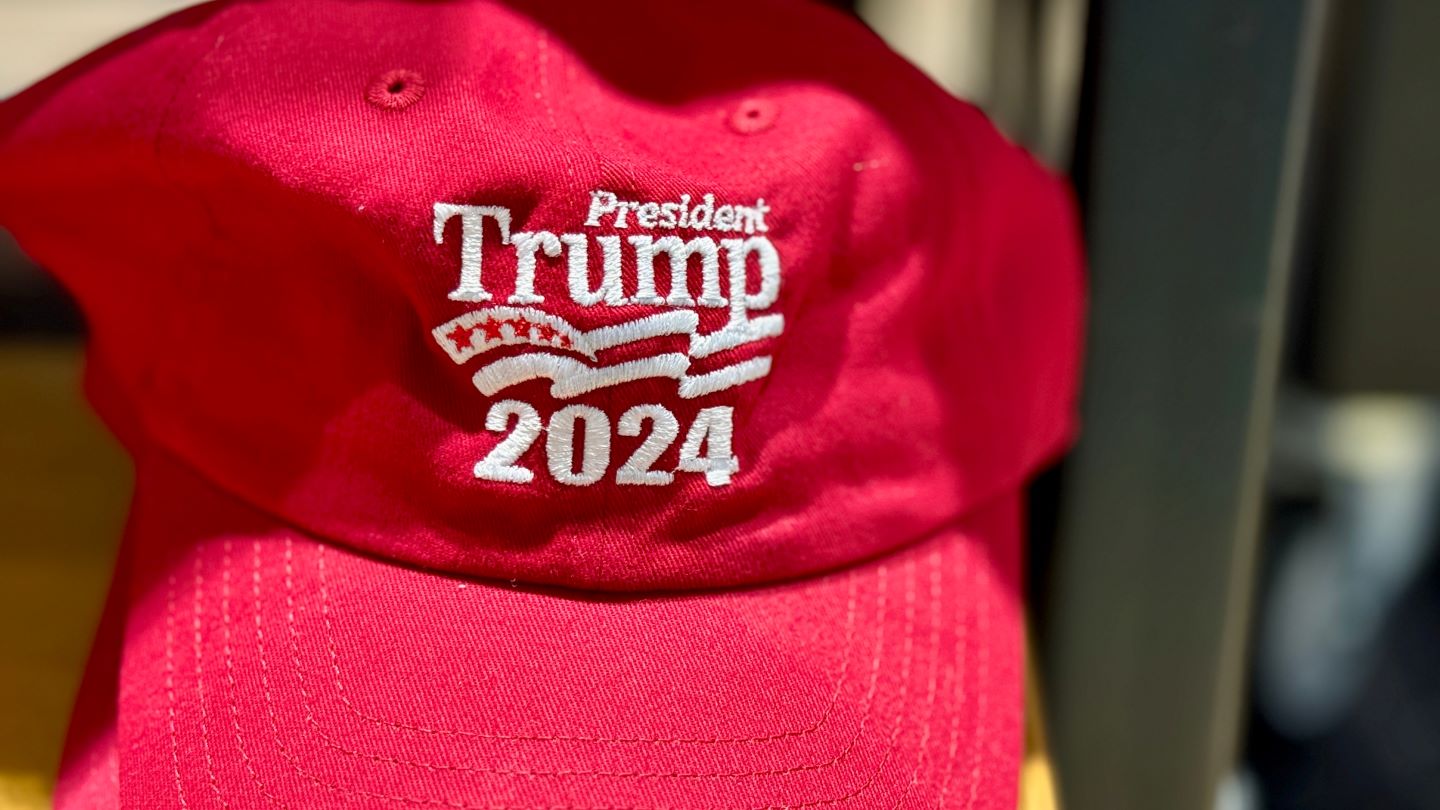Trump’s proposed tax plan could mean that American citizens see an increase in disposable income due to tax cuts. From a travel and tourism perspective, this could potentially boost their ability to spend on international travel. For instance, when asked about “the impact of inflation on my household budget” 98% of US respondents said they were ‘extremely’, ‘quite’, or ‘slightly’ concerned according to GlobalData’s Q3 2024 Consumer Survey. Since travel is seen as a want rather than a necessity by many, tighter budgets could see spending on international travel directed to domestic tourism instead, or travel spending perhaps cut altogether.
Tariffs could offset the positive impact of tax cuts
Lower taxes mean that Americans could have more money for discretionary spending, including travel and leisure, making international holidays more accessible. This financial cushion might encourage American travellers to spend more on accommodation, dining, and activities while abroad, benefiting the economies of popular tourist destinations. However, if tariffs are raised on imported goods, inflation could rise domestically, offsetting some of the benefits of lower taxes and reducing the real purchasing power of American travelers. International travel recovery from the US has been stable and is expected to grow, with numbers indicating that it will surpass pre-pandemic levels by the end of 2024. Outbound departures in 2023 reached 124.74 million trips, showing a positive trend for outbound tourism. In terms of the number of outbound trips, the United States was the largest source market in 2023, showing its clear significance on the global stage.
Wealthy US tourists appeal to destinations, but geopolitics could strain diplomatic relations
For international destinations, the potential for a wealthier US travel market is enticing. Tourism boards and businesses may increase marketing efforts to attract the US source market, capitalising on any increase in spending power. Countries that rely on tourism, like some European nations, may see the US as a lucrative market and therefore target them with tailored campaigns and deals. Conversely, if the US imposes significant tariffs on certain countries, it could strain diplomatic ties, potentially leading some destinations to de-prioritise American travelers in favor of other international markets.
As well as tax cuts and tariffs, exchange rates would play a significant role in the spending power of the US source market. If the US dollar remains strong relative to other currencies, American travelers would find their money stretches further in foreign countries, enhancing their spending ability. However, if tariffs lead to inflation and affect the strength of the dollar, it may result in the exchange rate being less favorable. In such cases, even with more disposable income from tax cuts, US travelers might face higher costs abroad due to weaker currency value, which may reduce the overall appeal of international travel.





